Electrical Technician:
Electrical Technician:
Amp up your skills and surge ahead! Be the leader for a brighter tomorrow.
OURDIFFERENCE
OURDIFFERENCE
* SCI does not guarantee employment or a starting salary upon graduation, completion, or withdrawal from SCI.
WE'RE DIFFERENT.
SO ARE YOU.


WHAT TO KNOW ABOUT AELECTRICAL TECHNICIAN CAREER
Why would you want to be an Electrical Technician?
What is an Electrical Technician?
Where can an Electrical Technician work?
What skills do you need to be an Electrical Technician?
Do you need any certifications to become an Electrical Technician?
Do you need training to become an Electrical Technician?
Southern Careers Institute (SCI) does not guarantee employment or a starting salary upon graduation, completion, or withdrawal from SCI. It is not required to attend SCI to attain a job or earn a certain salary in a field of employment. Past students’ outcomes, starting salaries, or job prospects are not indicative of those for future and current students.
HAVE MORE QUESTIONS?ASK US
CAREER TRAINING.FOR YOUR FUTURE.
- Southern Careers Institute
- Competitors
| Southern Careers Institute | Competitors | |
$3999 /year | $3999 /year | |
| 450 HOURS OF HANDS-ON LAB TRAINING | ||
| RESIDENTIAL WIRING | ||
| COMMERCIAL WIRING | ||
| MOTOR CONTROLS | ||
| LIGHTING SYSTEMS | ||
| PREPARATION FOR 6 CAREER CERTIFICATIONS | ||
| EARN 18 CAREER SKILL BADGES | ||
| MORNING COURSES | ||
| EVENING COURSES | Buy Now | Buy Now |
HERE'S EXACTLY WHAT YOU GET AS ANELECTRICAL TECHNICIAN TRAINEE
CERTIFICATIONS

NCCER Core
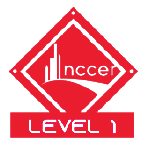
NCCER Level 1
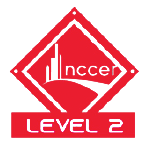
NCCER Level 2

NCCER Level 3

NCCER Level 4

OSHA - 10
SKILLS

Trade Safety
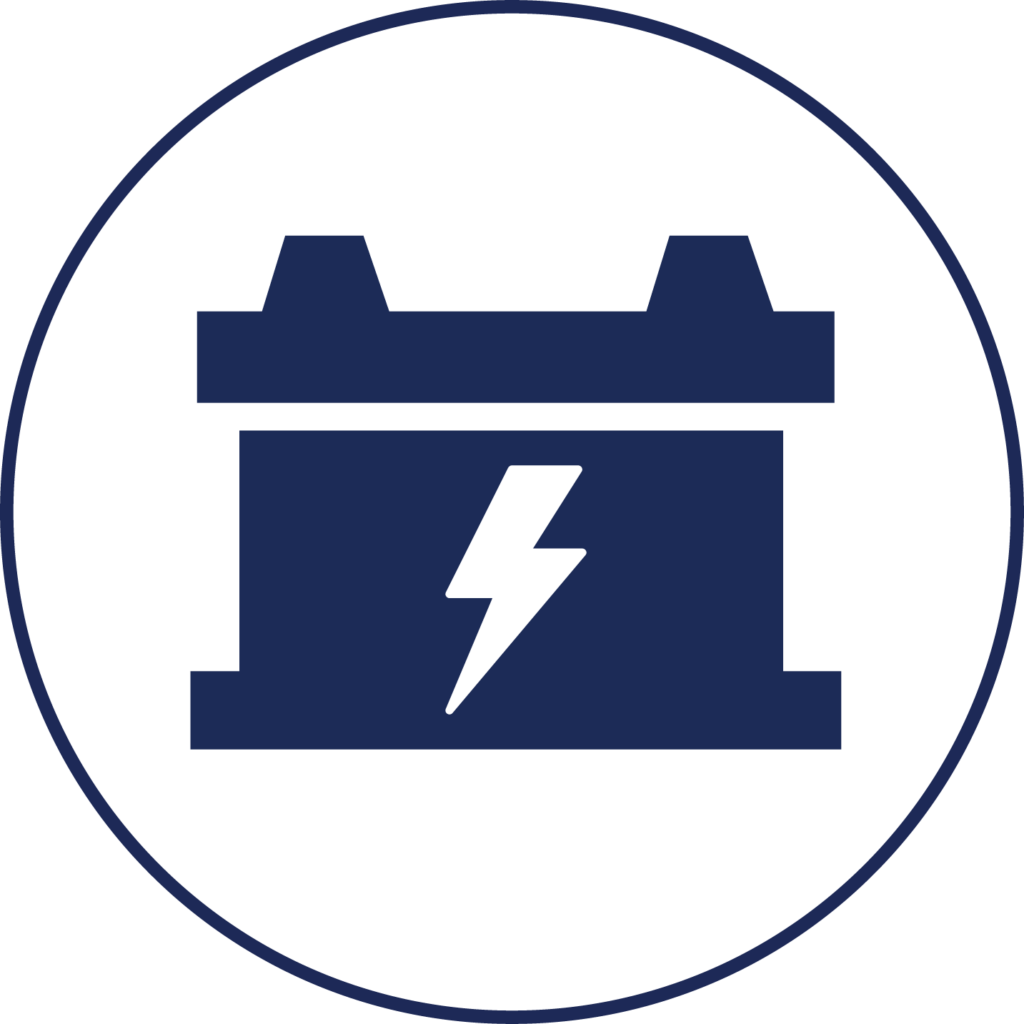
Electrical Theory

Motors & Controls

Residential Wiring, Grounding & Bonding
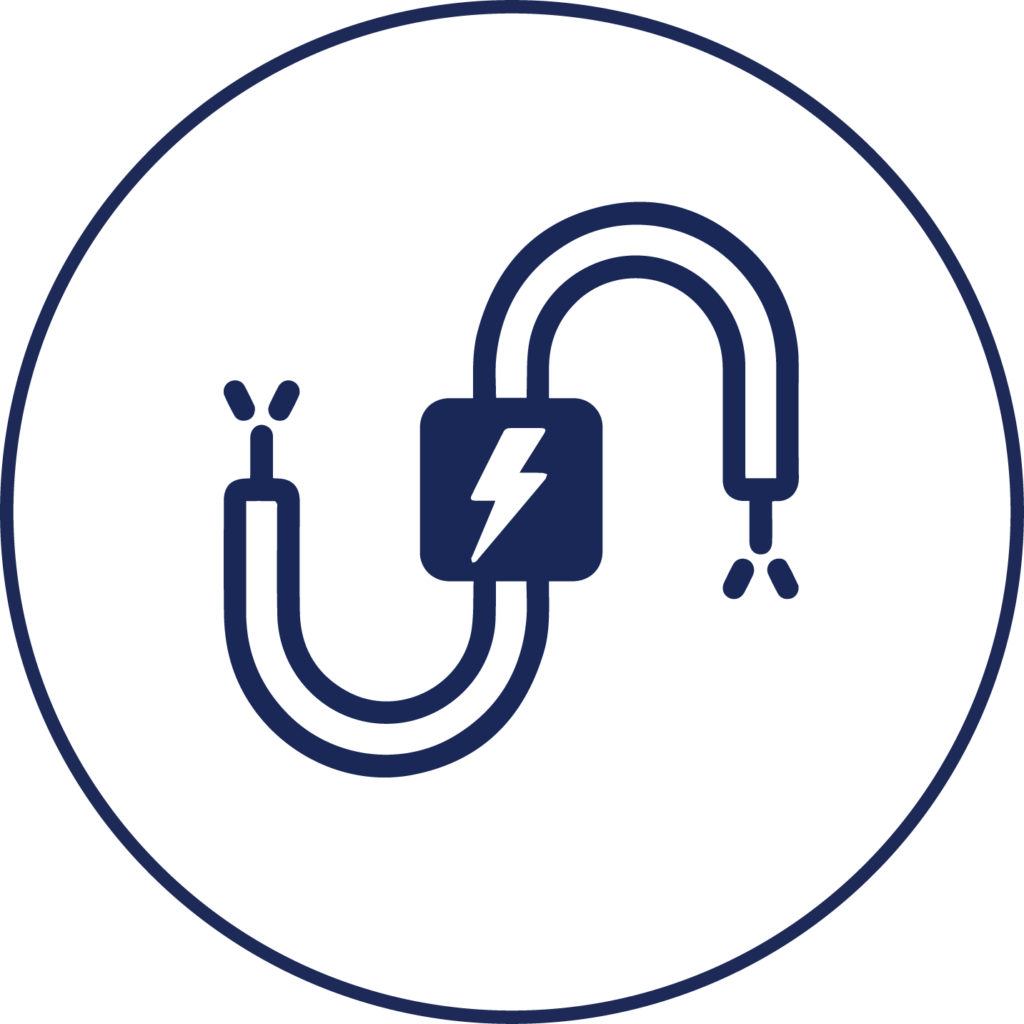
Conductors

Lighting Systems

Electrical Components & Equipment

Electrical Calculations

Electrical Distribution

Programmable Controllers
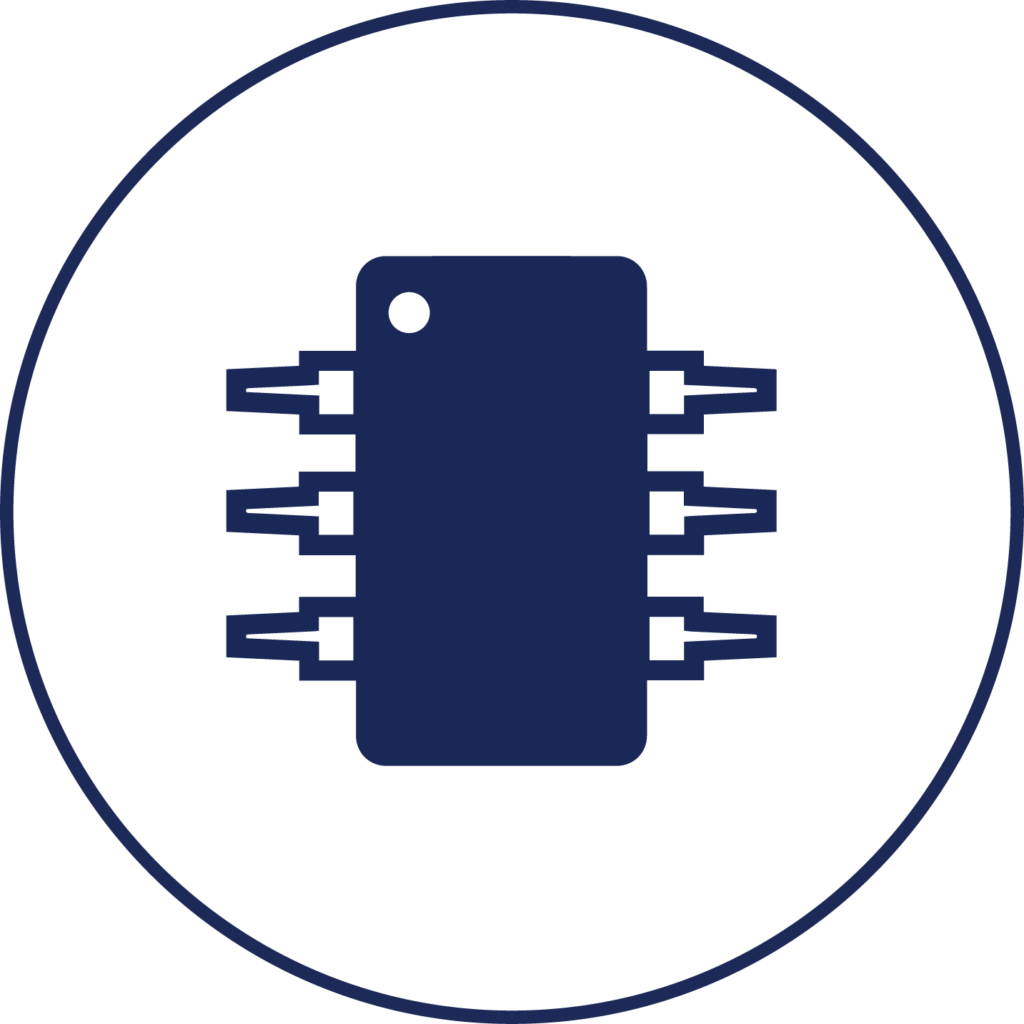
Electrical Components

Electrical Equipment

Electrical Applications

Concepts of Wiring

Construction Basics

Construction Basics

Specialized Installations
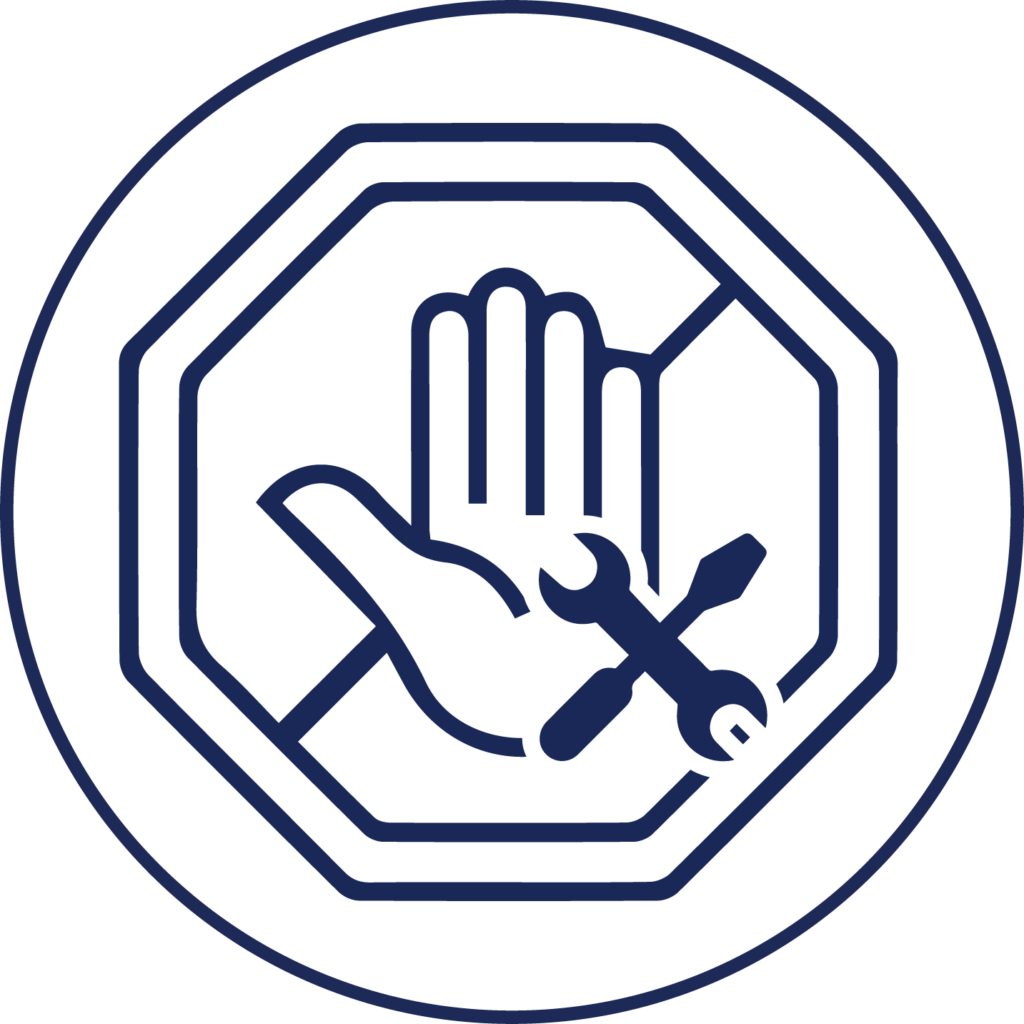
Trade Safety
Skills
Hours: Theory 60 / Laboratory 20 / Total 60 / Quarter Credits 7.0 / Outside Hours 20 / Prerequisites: None
This course includes information on general safety regarding awareness, tool safety, load, posture, signage, material handling, and environmental concerns. Emphasis on OSHA guidelines, as well as proper personal safety equipment. This course will also provide instruction on basic mathematics, terminology, symbols, graphics, measurement systems and tools for reading and interpreting prints, mechanical drawings, assembly drawings, detail drawings, and fabrication guidelines. This course will utilize both in-class and out-of-class learning activities to achieve course objectives.
Hours: Theory 60 / Laboratory 20 / Total 80 / Quarter Credits 7.0 / Outside Hours 20 / Prerequisites: TRD100
This course introduces the student to basic electrical theory and concepts of wiring. It establishes a thorough understanding of electron theory, voltage, current (both AC and DC), resistance, inductance, capacitance, and common units of electrical measurement. Basic circuit design and National Electrical Code (NEC) will be introduced in this course. This course is also a study of how to properly calculate, layout, and bend tubing and wiring per industry and National Electrical Code (NEC) standards. It introduces types and applications of conductors, proper wiring techniques, electrical prints, drawings, and information found on schematics, and wiring diagrams. NEC requirements are stressed throughout this course. This course will utilize both in-class and out-of-class learning activities to achieve course objectives.
Hours: Theory 30 / Laboratory 50 / Total 80 / Quarter Credits 5.5 / Outside Hours 20 / Prerequisites: ELC120
This course covers motors, both AC and DC, including main components, circuits, and connectors. Selecting, sizing, and installing motor controls are also covered in this course. This course will also review skills necessary for inspecting, diagnosing, and maintaining electrical systems, components, and equipment. Students will work on a variety of scenarios, both residential and commercial, to perfect their skills in troubleshooting electrical issues. This course will utilize both in-class and out-of- class learning activities to achieve course objectives. Safety and NEC guidelines are stressed throughout this course.
Hours: Theory 10 / Laboratory 70 / Total 80 / Quarter Credits 4.5 / Outside Hours 20 / Prerequisites: ELC120
This course establishes the students’ physical hands-on skills in completely wiring a single family residence from issue of permit to final inspection. The course focuses on the National Electrical Code (NEC) requirements for residential wiring. This course will also focus on the purpose of grounding and bonding electrical systems. Students will be trained on the importance and use of fuses, circuiters, contactors, and relays. This course will utilize both in class and out-of-class learning activities to achieve course objectives. Safety and NEC guidelines are stressed throughout this course.
Hours: Theory 10 / Laboratory 70 / Total 80 / Quarter Credits 4.5 / Outside Hours 20 / Prerequisites: ELC120
This course introduces types and applications of conductors and covers proper wiring techniques, including instructions on transportation, storage, and setup of cable reels, pulls in raceways, termination, splicing, preparing, and taping of conductors, conductor selection, and current carrying capacity. This course will also include instruction on switchboards, switchgears, transformers, and connections. Selection, sizing, installation, and protection will also be covered. This course will utilize both in-class and out-of-class learning activities to achieve course objectives. Safety and NEC guidelines are stressed throughout this course.
Hours: Theory 20 / Laboratory 60 / Total 80 / Quarter Credits 5 / Outside Hours 20 / Prerequisites: ELC121, ELC122, ELC123
Students will be introduced to the characteristics of lighting, focusing on the handing and installation of various layouts, wiring, and fixtures. Includes training on lighting controls. This course will also cover applications and operating principles of solid-state controls, reduced voltage starters, and adjustable frequency drives. HVAC systems and their controls will be included. This course will utilize both in-class and out-of-class learning activities to achieve course objectives. Safety and NEC guidelines are stressed throughout this course.
Hours: Theory 20 / Laboratory 60 / Total 80 / Quarter Credits 5 / Outside Hours 20 / Prerequisites: ELC121, ELC122, ELC123
This course covers characteristics of basics of electrical components, circuits, insulation, carrying capacity, and voltage. This course will also cover equipment installed in hazardous locations, overcurrent protection, and short circuit calculations and troubleshooting. Sizing and selecting circuits and fuses will be covered. This course will utilize both in-class and out-of-class learning activities to achieve course objectives. Safety and NEC guidelines are stressed throughout this course.
Hours: Theory 20 / Laboratory 60 / Total 80 / Quarter Credits 5 / Outside Hours 20 / Prerequisites: ELC121, ELC122, ELC123
This course covers calculations for branch circuit and feeder loads for residential and commercial applications, motor calculations to size conductors and overcurrent protection for motor applications, and factors involved in conductor selection including insulation types, current carrying capacity, temperature ratings, and voltage drop. This course also covers National Electrical Code (NEC) requirements for commercial wiring. Installation of conduit, equipment, and calculation of service will be presented. Safety, blueprint reading, and proper use and identification of materials associated with commercial wiring will be stressed. This course will utilize both in-class and out-of-class learning activities to achieve course objectives
Hours: Theory 40 / Laboratory 40 / Total 80 / Quarter Credits 6 / Outside Hours 20 / Prerequisites: ELC121, ELC122, ELC123
This course will cover the function and operation of electronic devices. The course includes instruction on termination, splices, cleaning, testing, and tracing. This course will also cover special installation situations, materials, equipment, and services. This course will utilize both in-class and out-of-class learning activities to achieve course objectives. Safety and NEC guidelines are stressed in this course design. This course will utilize both in-class and out-of-class learning activities to achieve course objectives.
CAREER TRAINING.YOU CAN TRUST
ACCREDITED
Southern Careers Institute is Accredited by the Council on Occupational Education.
APPROVED
Southern Careers Institute is Approved for training by The Texas Workforce Commission.
authorized
Southern Careers Institute is Authorized by the National Health Career Association to train Electrical Technicians and a certification testing site.
OUR GRADUATES HAVE BEENHIRED BY
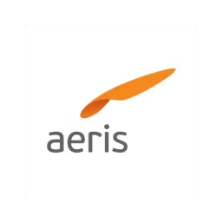



Employers are not incentivized by Southern Careers Institute (SCI) to hire our graduates. Employers are not incentivized to review or comment on the performance and outcomes of our graduates, or on SCI. Past students’ outcomes, starting salaries, and job prospects are not indicative of those for current and future students. SCI does not guarantee employment or a starting salary upon graduation, completion, or withdrawal from SCI.
THE NUMBERSSAY IT ALL
Southern Careers Institute (SCI) does not guarantee employment or a starting salary upon graduation, completion, or withdrawal from SCI. It is not required to attend SCI to attain a job or earn a certain salary in a field of employment. Past students’ outcomes, starting salaries, or job prospects are not indicative of those for future and current students.
As an accredited post-secondary institution, SCI has various federal financial assistance programs available for qualified students enrolled in SCI programs. This does not apply to seminar students. Financial aid is available for those who qualify.
Past students’ outcomes, starting salaries, or job prospects are not indictive of the possible job outcomes for future and current students. SCI does not guarantee employment or a starting salary upon graduation, completion, or withdrawal from SCI.
GET UP TO $4,500FOR YOUR FUTURE
Get up to $4500 in grants toward your career training at Southern Careers Institute.
As an accredited post-secondary institution, SCI has various federal financial assistance programs available for qualified students enrolled in SCI programs. This does not apply to seminar students. Financial aid is available for those who qualify.
HEAR FROM STUDENTSJUST LIKE YOU
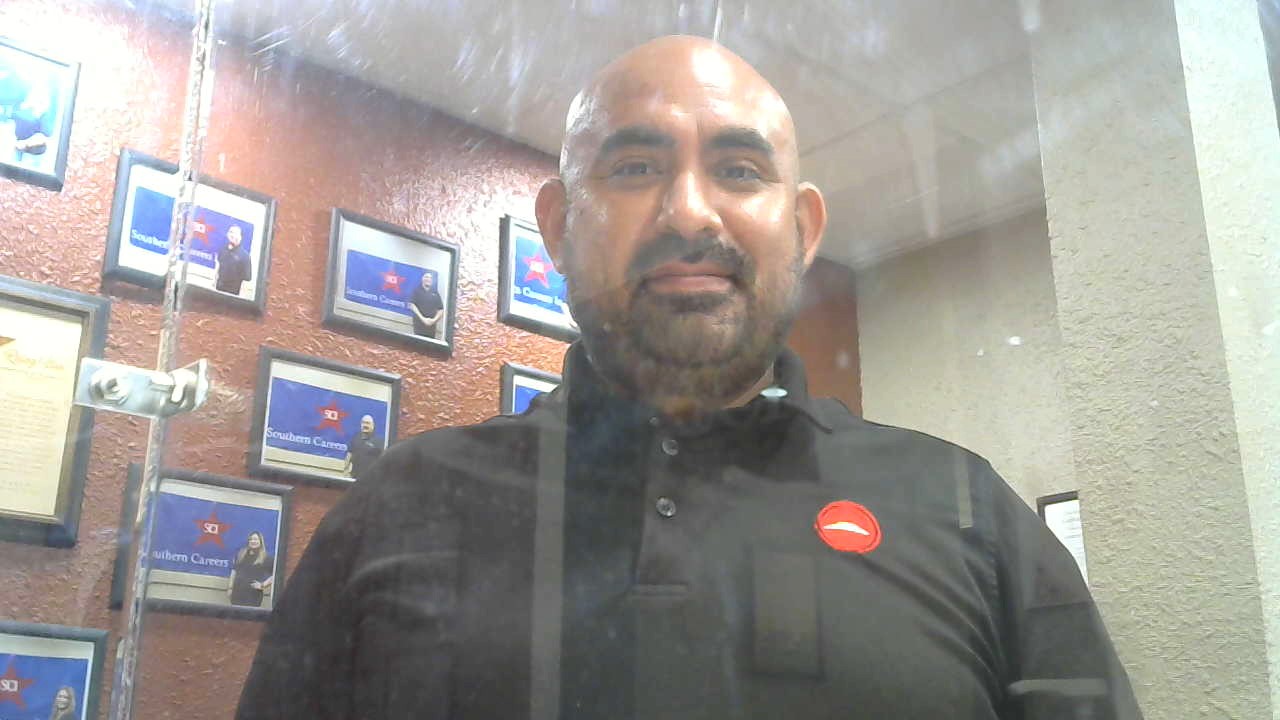


Past students’ outcomes, starting salaries, or job prospects are not indictive of the possible job outcomes for future and current students. SCI does not guarantee employment or a starting salary upon graduation, completion, or withdrawal from SCI.
KICKSTART YOUR CAREER.
We pay for your certification within 3 months of graduating.
1. Pick your certification
2. Take the certification exam within 3 months of graduation
3. We will pay for it!
FACT: TODAY'S EMPLOYERSNEED YOUR SKILLS
Electrical and Electronic Engineering Technologists and Technicians
Occupation Code: 17-3023
| Location | Mean Annual Wage |
|---|---|
| Austin | $64,300 |
| Brownsville-Harligen | NA |
| Corpus Christi | $71,980 |
| Pharr | $62,310 |
| San Antonio North & South | $68,430 |
| Waco | $67,870 |
Southern Careers Institute (SCI) does not guarantee employment or a starting salary upon graduation, completion, or withdrawal from SCI. It is not required to attend SCI to attain a job or earn a certain salary in a field of employment. Past students’ outcomes, starting salaries, or job prospects are not indicative of those for future and current students.
Displayed salaries and job outlook data do not reflect the prospects of Southern Careers Institute graduates’ job placement outcomes and starting salaries. U.S. Bureau of Labor Statistics employment data, job prospects, and salary data sourced for (insert specific metro and job page) does not reflect data applicable to entry-level positions.
FINANCIAL AID. THE SIMPLE WAY.
We're here to make sure you can afford the career training you need. Our combination of grants, scholarships, loans, work-study, military, and Veteran education benefits are here to ensure a stress-free experience that works around your finances.
As an accredited post-secondary institution, SCI has various federal financial assistance programs available for qualified students enrolled in SCI programs. This does not apply to seminar students. Financial aid is available for those who qualify.
FREQUENTLY ASKEDQUESTIONS
We give students an alternative to expensive, four-year degrees that are becoming less valuable. In today’s changing economy, employers are looking for specific skills from candidates who they can hire with confidence. We empower your future with flexible and affordable career training that pays for itself.
It happens! At Southern Careers Institute, we’ve had countless students who’ve been out of school, and we provide an encouraging atmosphere to help you feel comfortable re-entering an educational environment as well as offering the support needed to re-adjust.
Southern Careers Institute provides you with the training you need to sit for certifications in chosen careers. From our Medical Assistant training program, Medical Billing and coding Specialist program, Pharmacy Technician program, Business Accounting Specialist program, HVAC program, or any other educational program available.
Click here or call 1.833.SCI.TEXAS today to speak with one of our admissions representatives, who will be happy to schedule an appointment to answer all of your questions and help match your personality to a specific career path.
Contact Us
Austin Main Campus
1701 W Ben White Blvd.
Suite 100
Austin, TX 78704
* SCI does not guarantee employment or a starting salary upon graduation, completion, or withdrawal from SCI.

